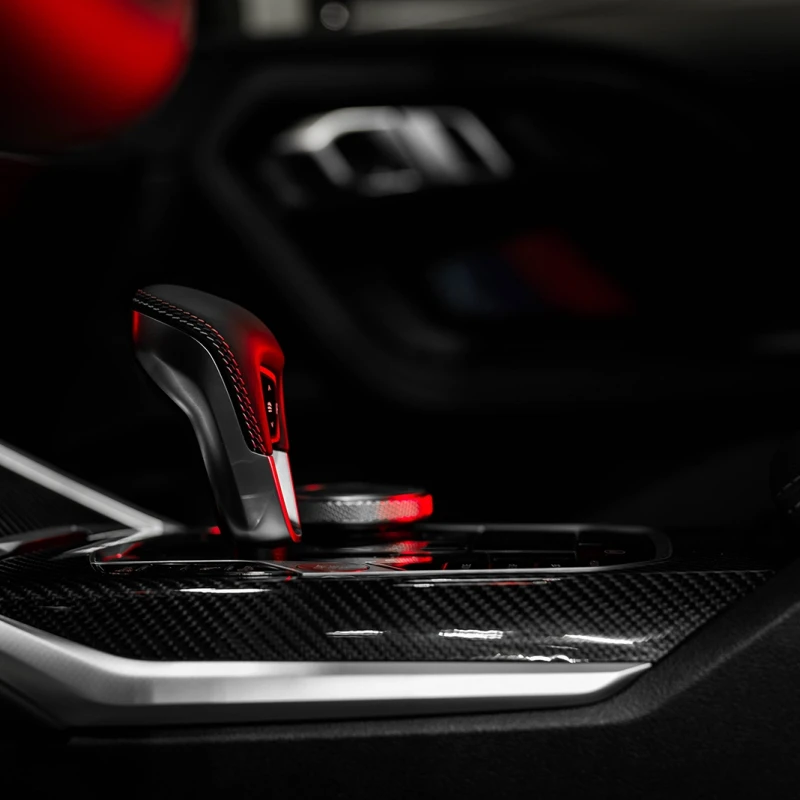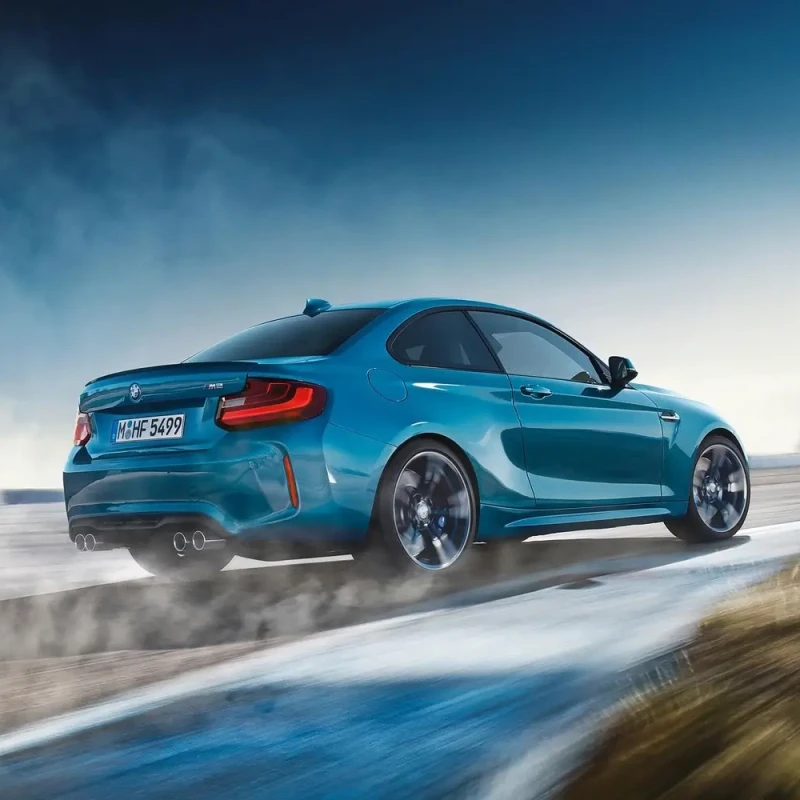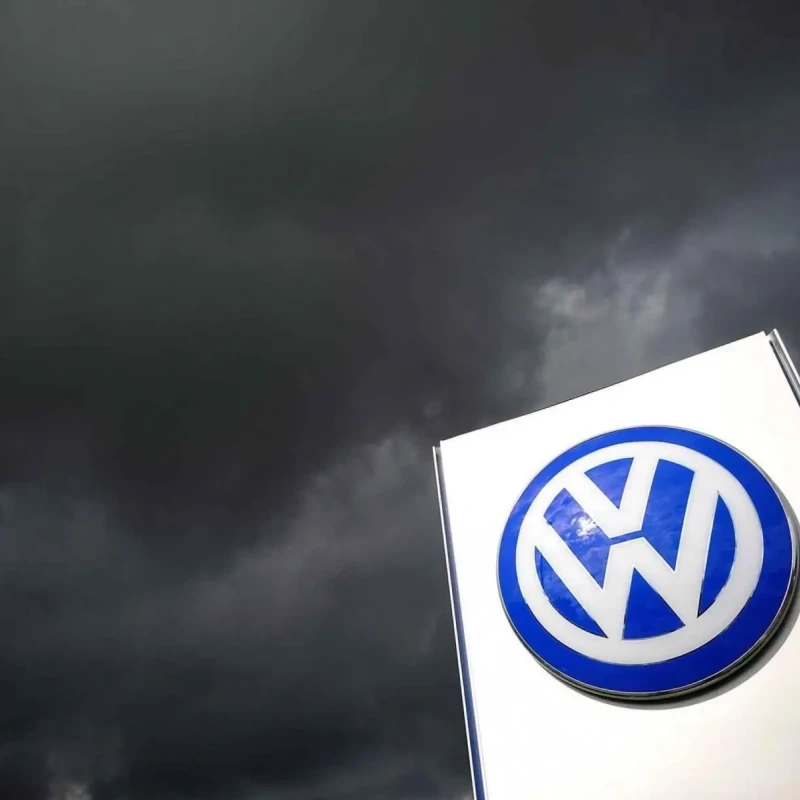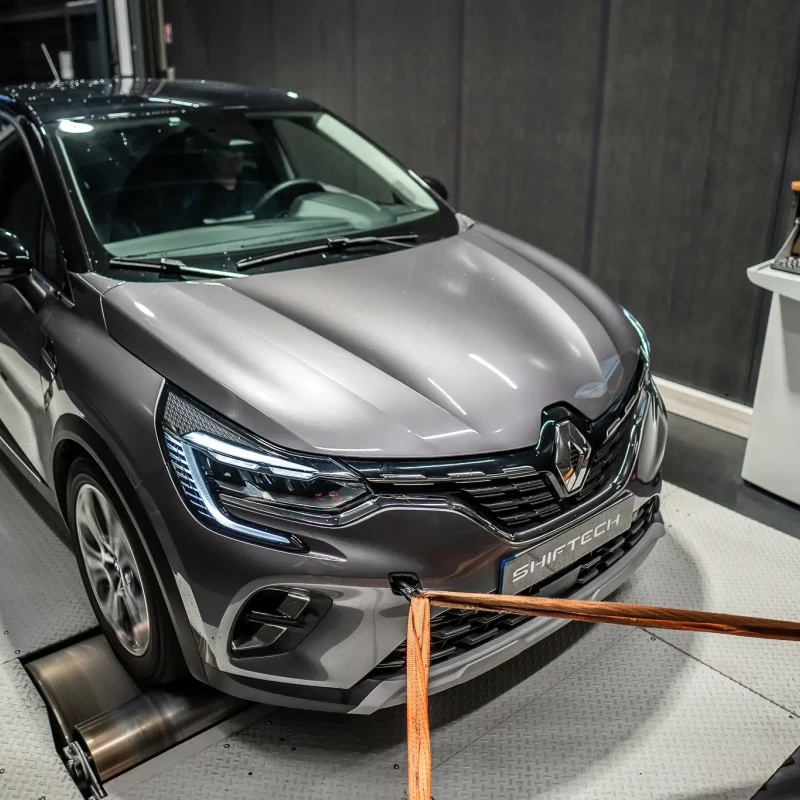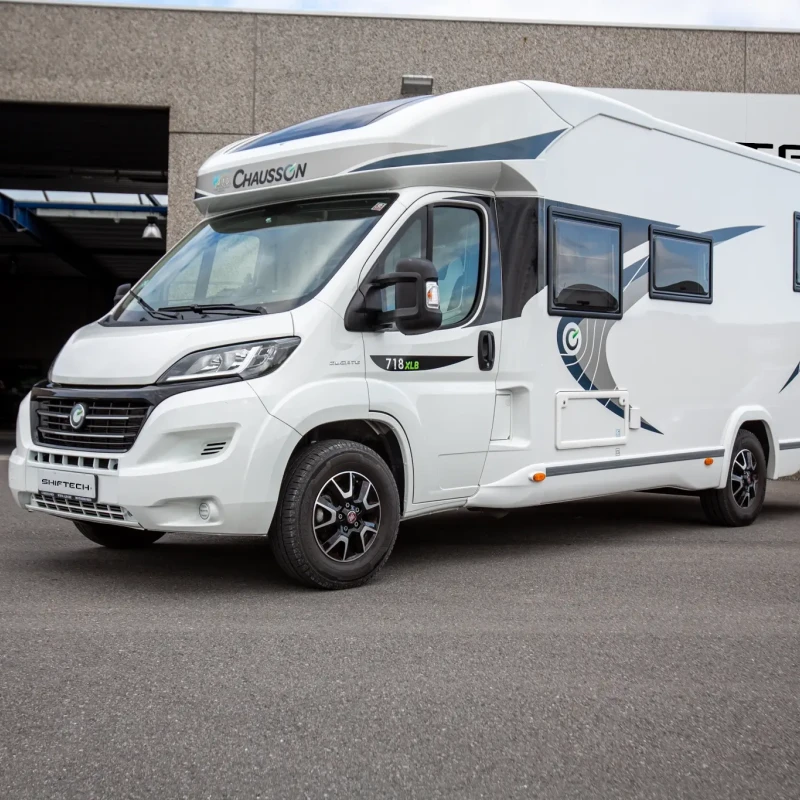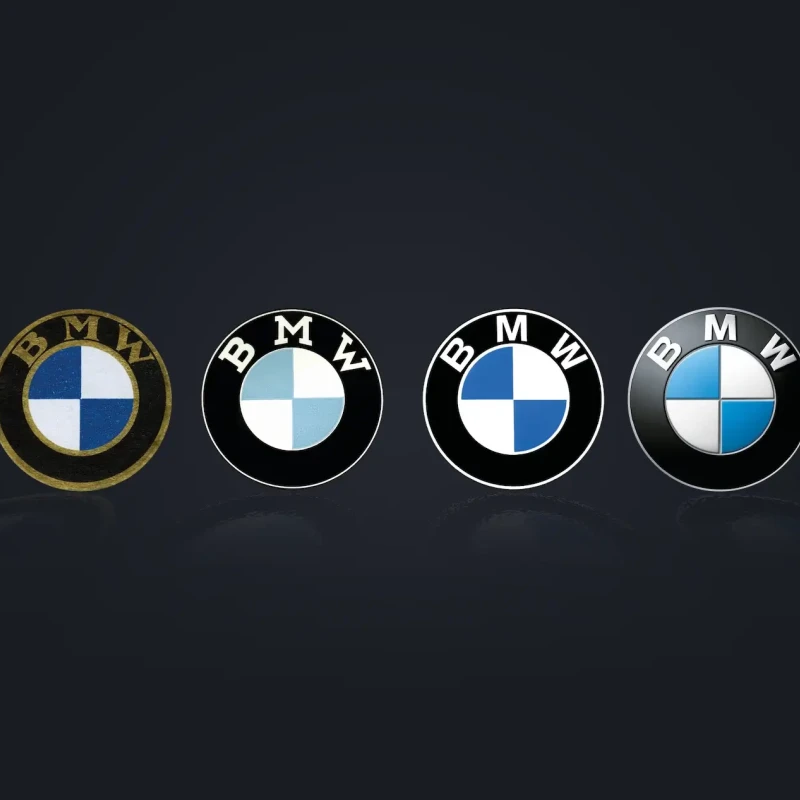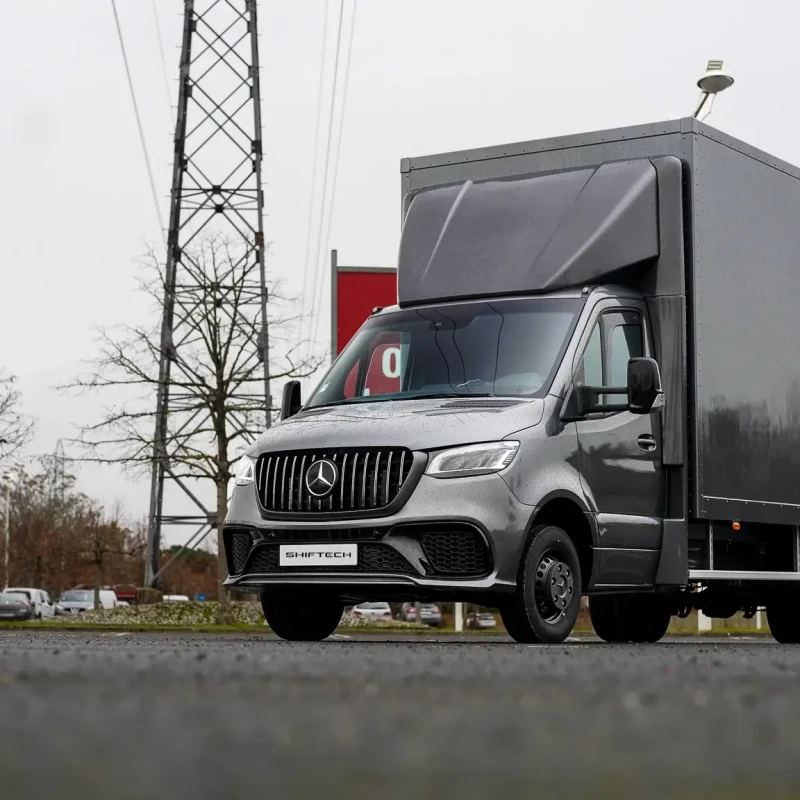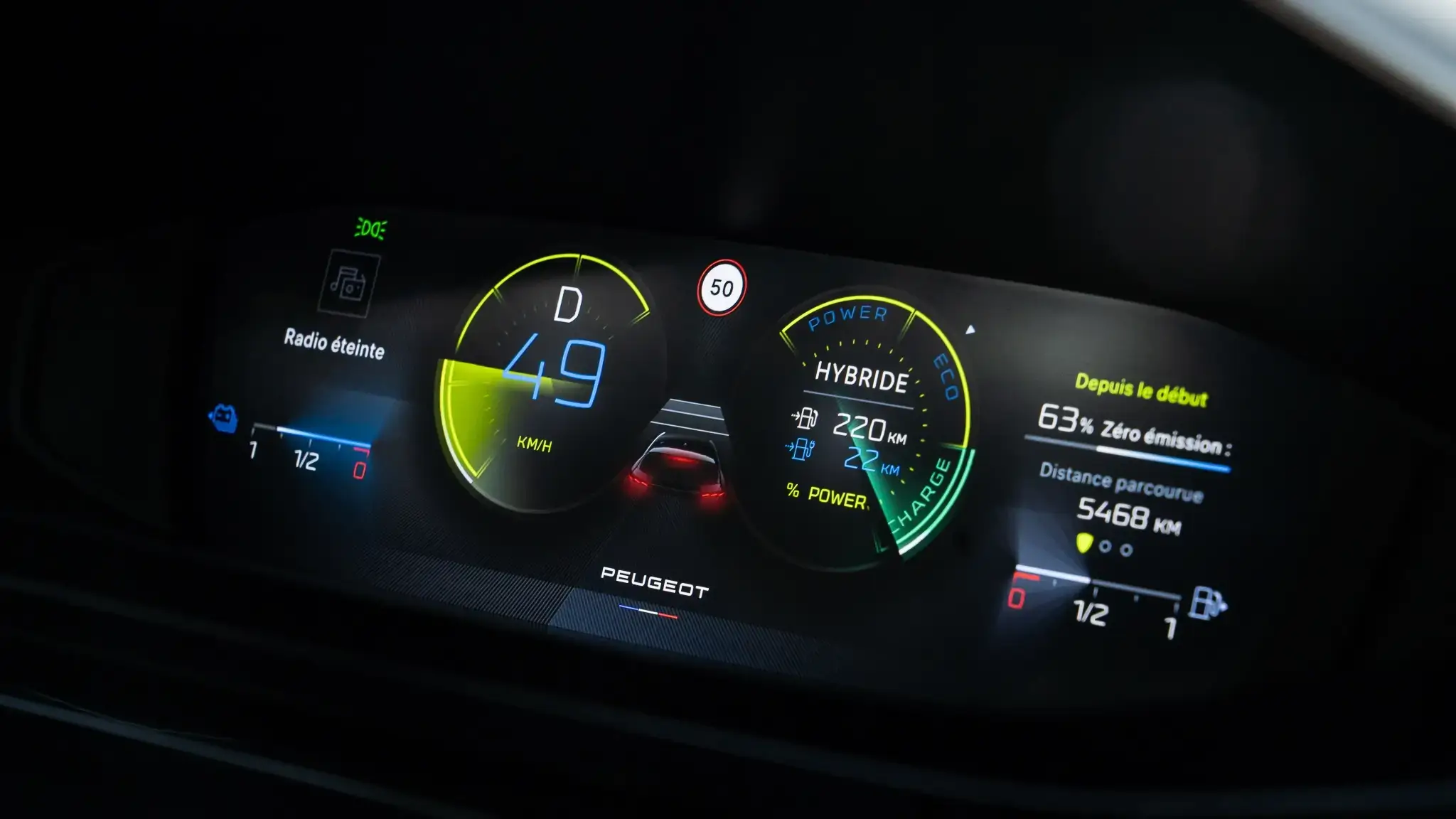
10 Simple Tips to Save Fuel
With rising fuel prices continuing to worry motorists, finding effective ways to reduce consumption is becoming a priority. This article aims to guide you through a series of simple, practical tips for optimising your fuel consumption. From regular maintenance of your vehicle to mastering eco-driving, mechanical tips and the judicious use of accessories, every aspect will be covered to help you make substantial savings.
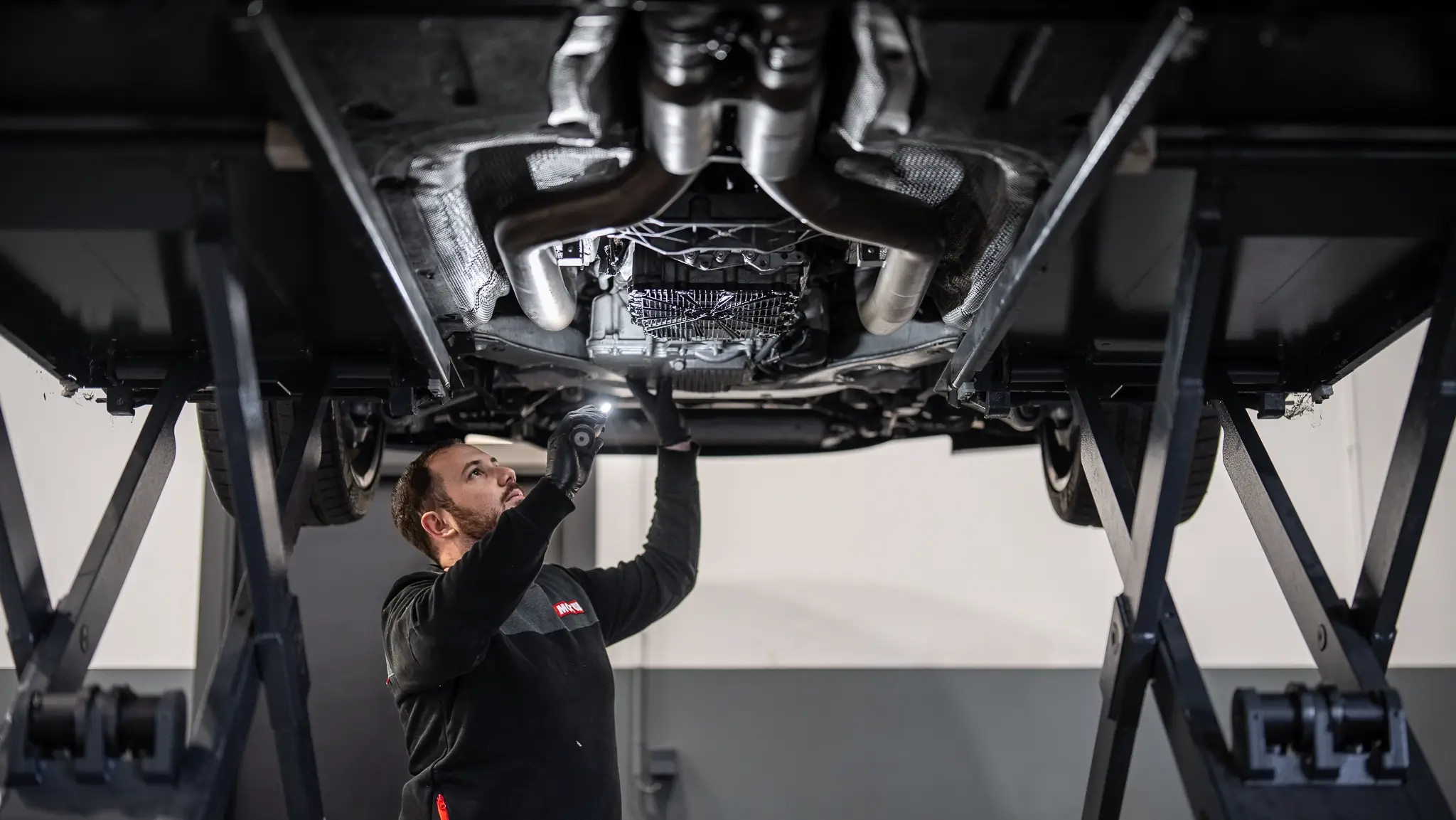
1 - Vehicle maintenance
To save fuel, regular maintenance of your vehicle is essential. Here are a few tips to keep your car in good condition:
- Make sure your air filter is clean. A clogged air filter will prevent the engine from breathing properly, which means it will need more fuel.
- Your spark plugs also need to be in good condition, so that the ignition cycle runs smoothly to optimise fuel combustion.
- Your fuel filter should be changed regularly. As with the air filter or spark plugs, a fuel filter that is too old risks creating poor fuel combustion, which will make your car consume more fuel.
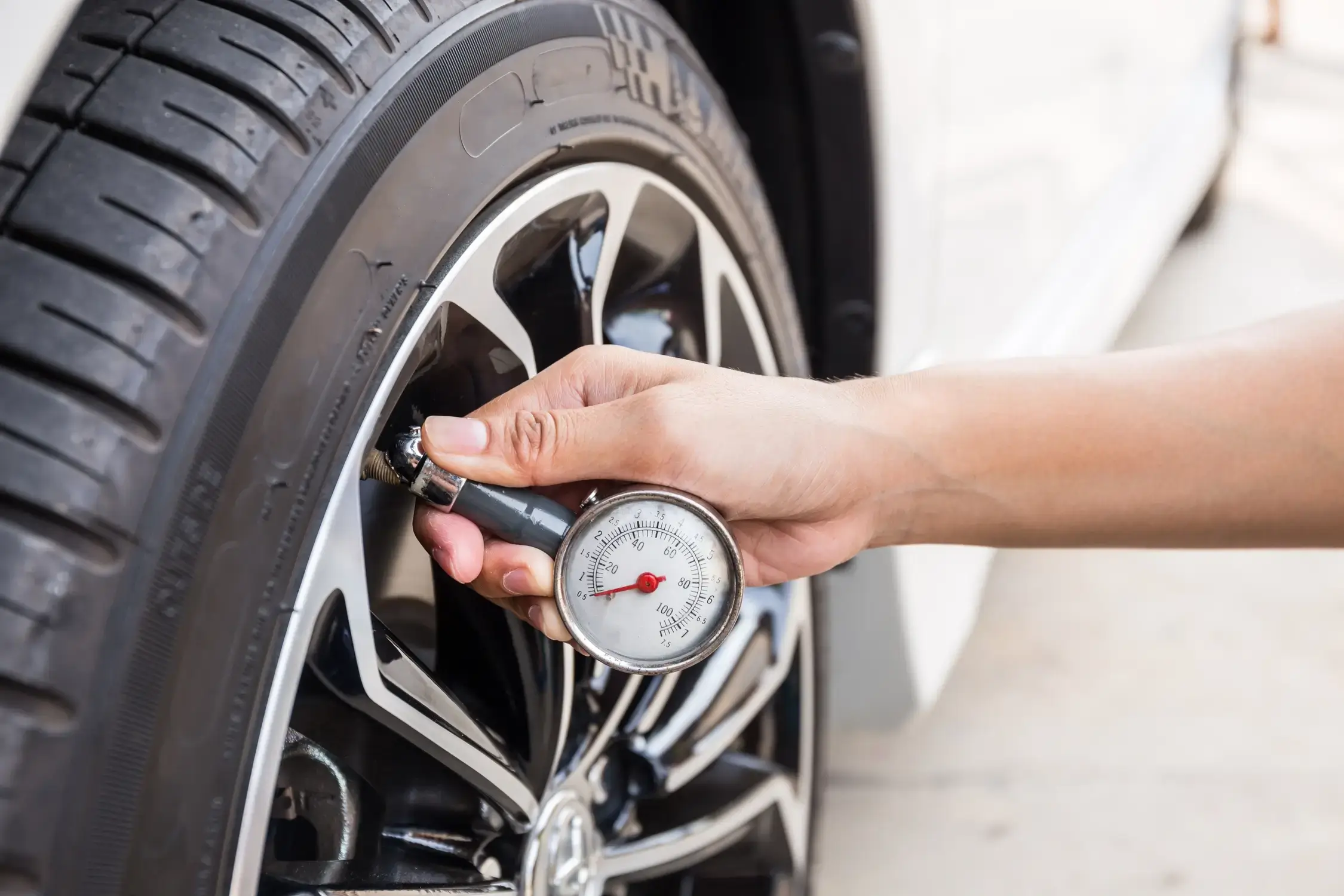
2 - Tyre pressure and vehicle load
Tyre pressure is crucial to saving fuel. Under-inflated tyres increase fuel consumption, so be sure to check the pressure regularly, preferably when the tyres are cold.
Use a pressure gauge to measure tyre pressure and follow the manufacturer's recommendations. avoid measuring tyre pressure when the tyres are hot, as this will distort the measurements and could lead to under-inflation.
Also, avoid overloading your vehicle with unnecessary items, as the extra weight can affect performance and increase fuel consumption. This also applies to accessories such as roof boxes and bicycle racks.
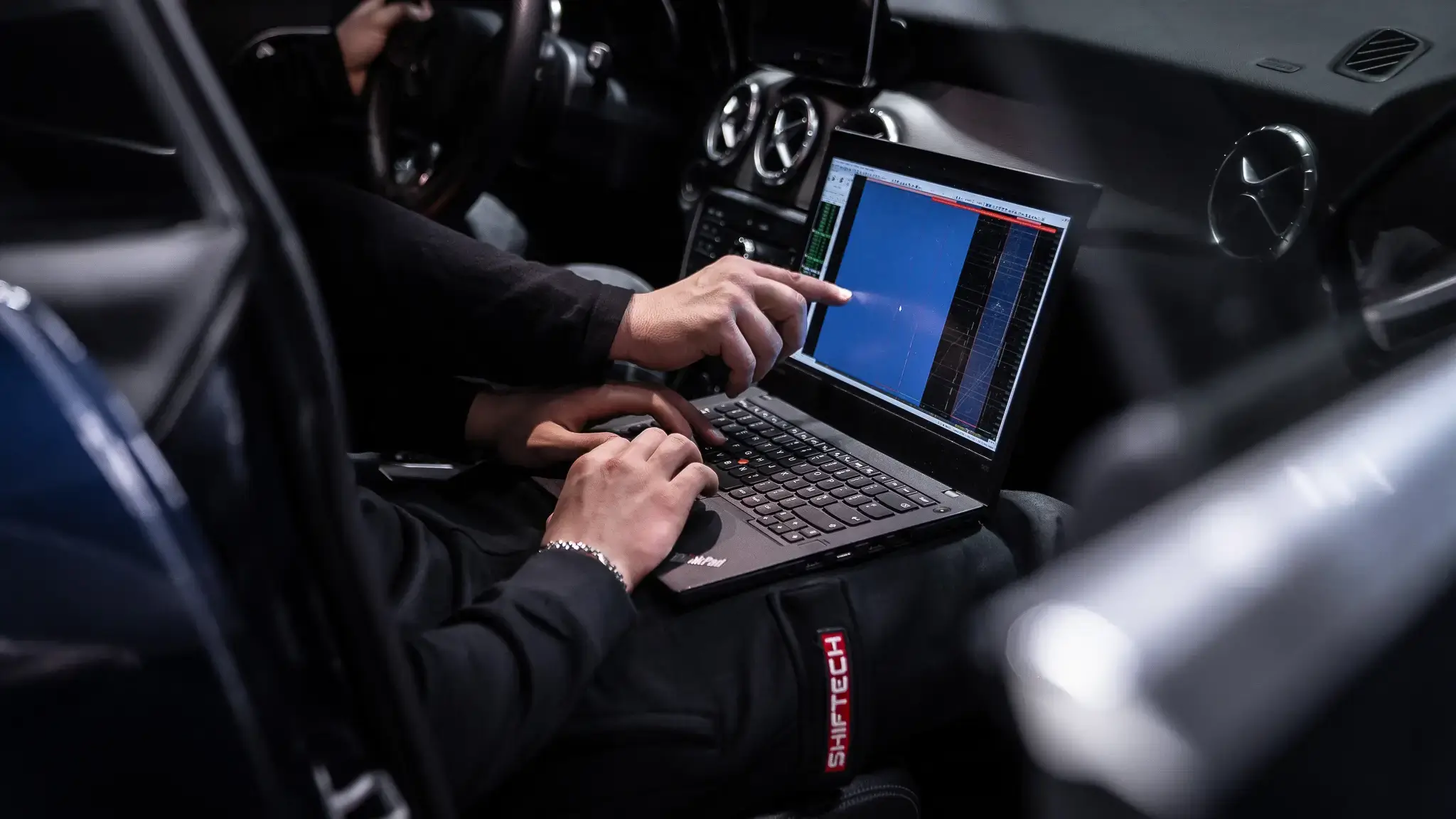
3 - Vehicle engine chiptuning
Chiptuning your car's engine (also known as Stage 1) can help reduce fuel consumption by adjusting the ECU's parameters. This modification results in an increase in torque that limits the rise in engine speed, which automatically translates into lower fuel consumption.
As a result, you'll have a better-tuned vehicle that optimises fuel consumption while improving performance, so you'll consume less while having more power.
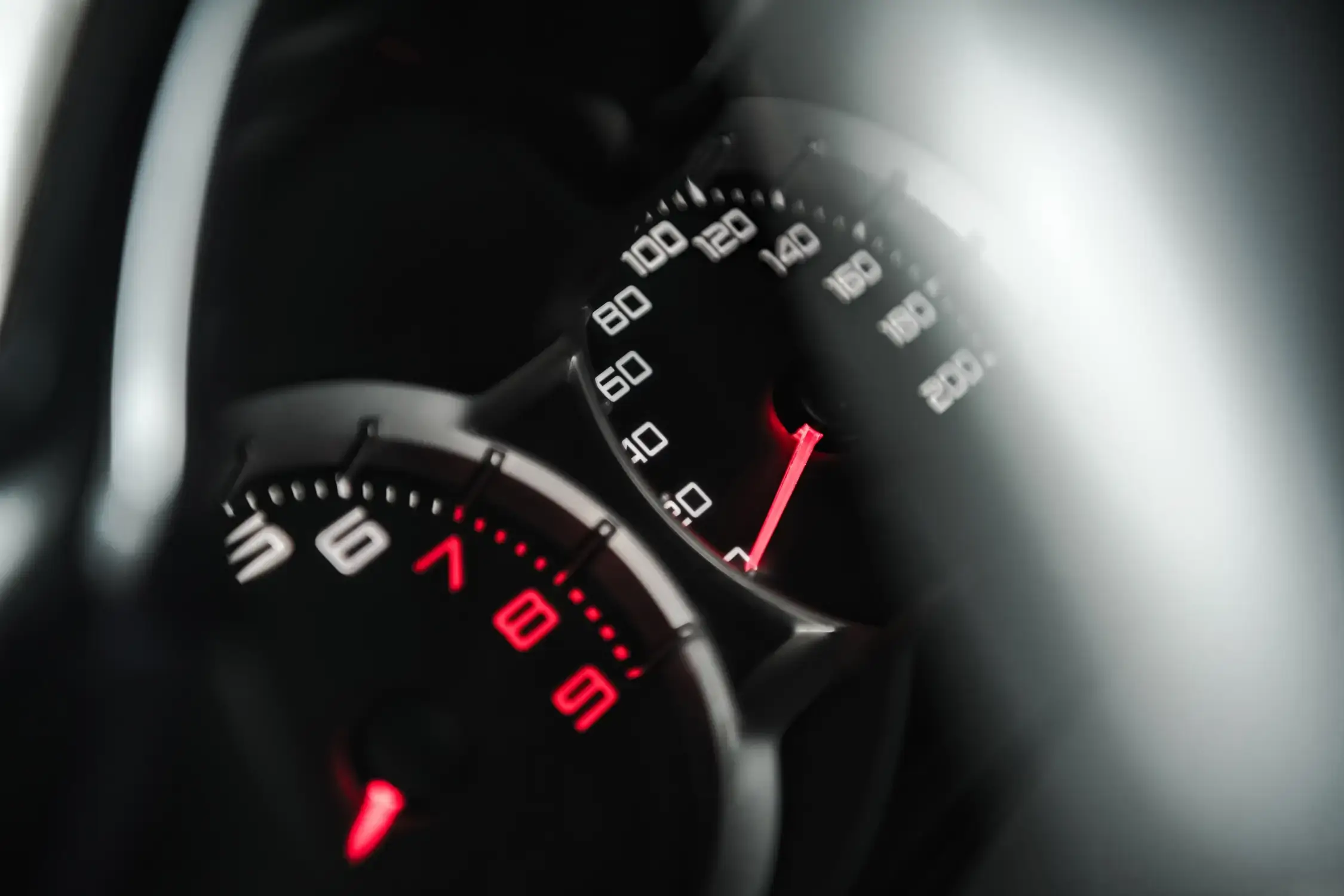
4 - Eco-driving, Shifting gears, Make a difference
Adopting a flexible, anticipatory driving style can also help you save fuel. By avoiding sudden acceleration and braking, you can reduce fuel consumption and wear and tear on your car.
Another point that makes all the difference is that on today's modern cars, if you don't touch the accelerator (freewheel) when going downhill, for example, the engine doesn't consume anything, so you can cover distances without using up your fuel.
It's an idea you should always bear in mind if you want to make a few extra savings...
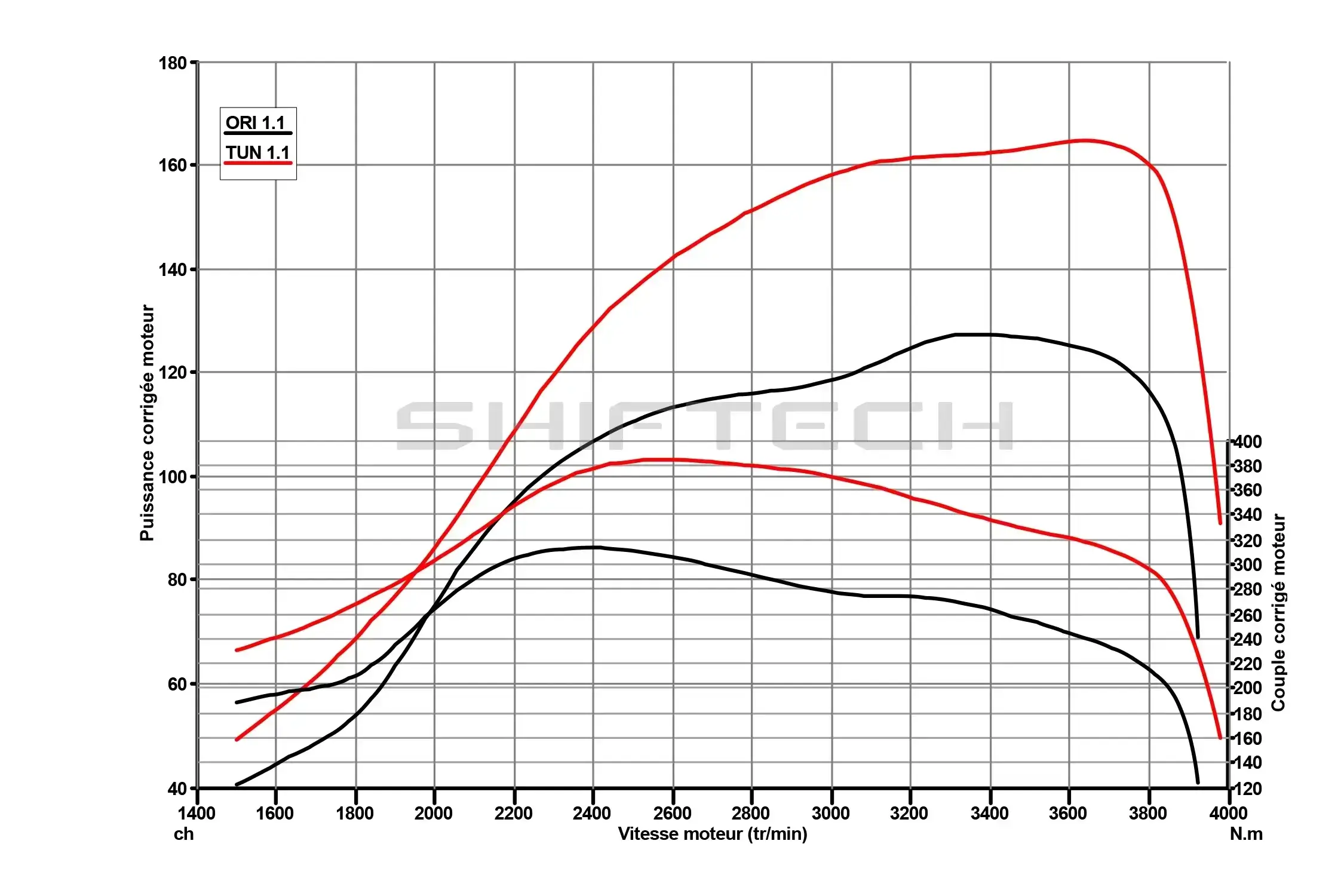
5 - Optimum torque range
Behind this name lies a very simple mechanical principle. The earlier you change gear, the less you consume... That's all very well in theory, but in practice it's not advisable to drive atlow revs, as you will damage other mechanical parts of the car, such as the universal joints, the engine flywheel (which absorbs vibrations), etc...
As a general rule, on a petrol vehicle, it is advisable to change gear between 2000 and 2500 rpm, whereas on a diesel vehicle, this should be between 1500 and 2000 rpm.
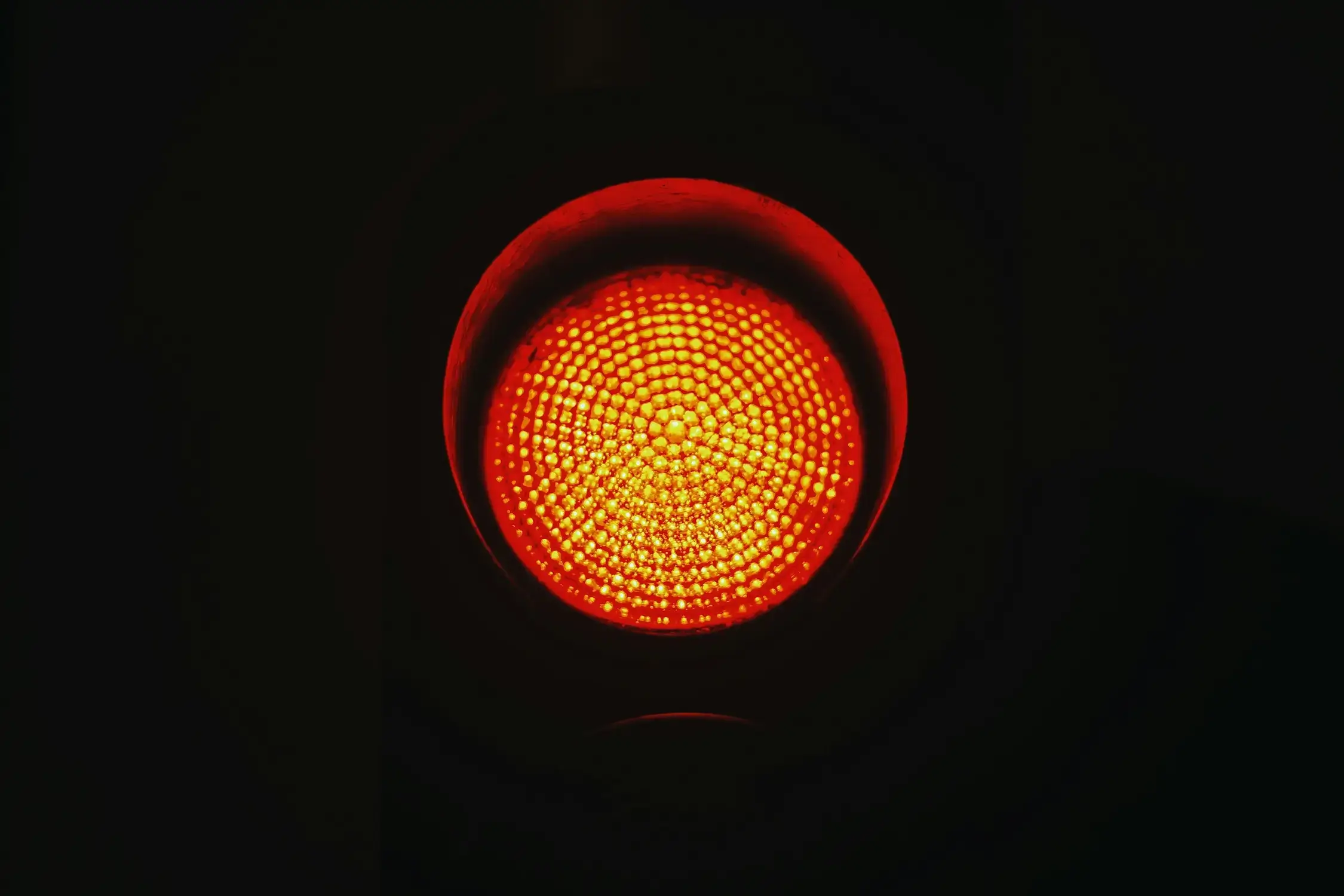
6 - Red lights and hill starting
When you're driving around town, it's not uncommon to see your neighbour in the queue being, shall we say... in a hurry. Playing with the clutch by moving the car forwards and backwards consumes a lot of fuel. Start on time, as naturally as possible, to avoid unnecessary over-consumption.
As far as hill starts are concerned, it's certain that holding your vehicle at the point of slippage will only consume fuel for nothing. Use the handbrake to start.
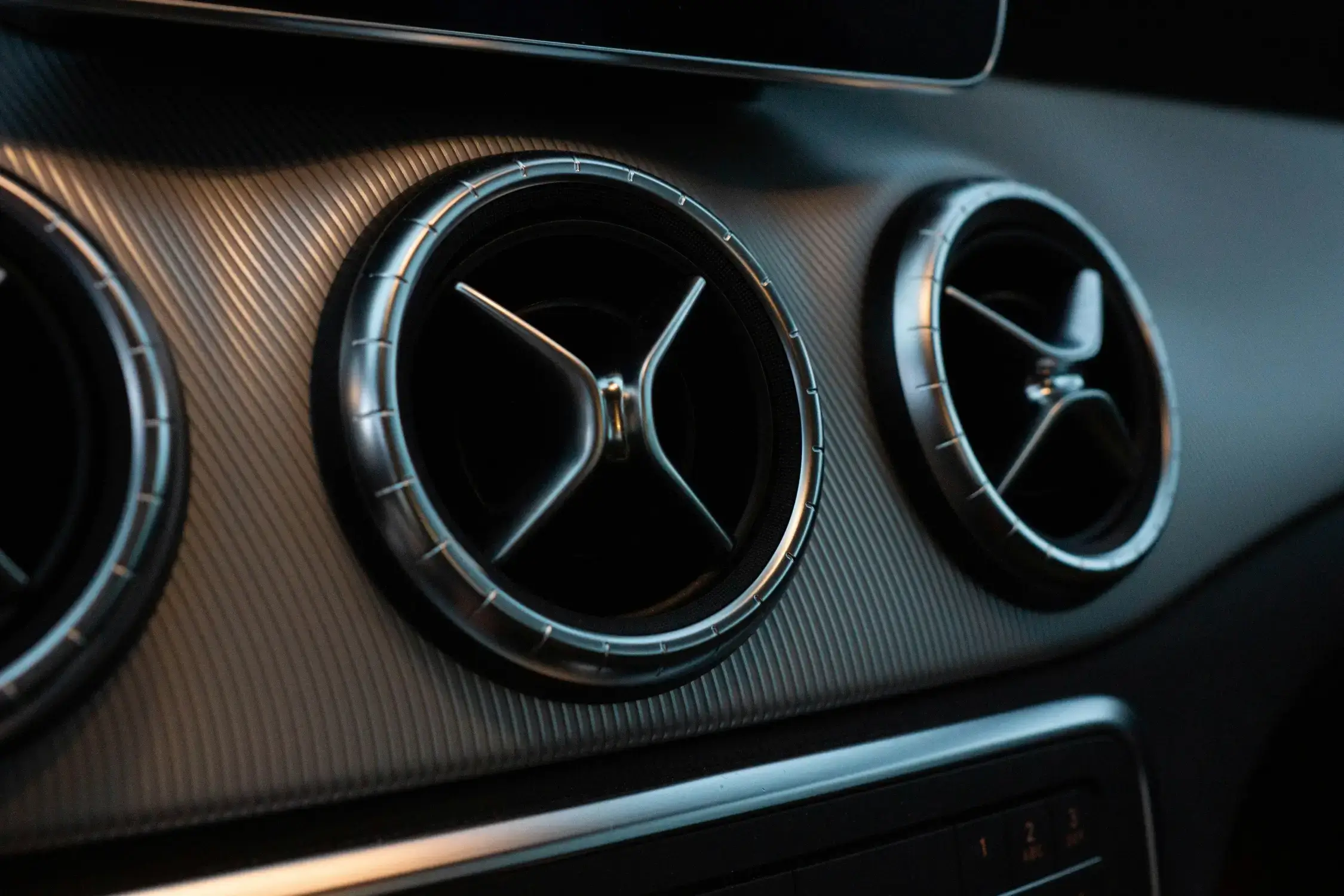
7 - Accessories, Air conditioning and Automatic transmission
Car accessories, such as air conditioning and bicycle racks, can affect fuel consumption. Here are a few tips on how to minimise the impact of these accessories:
8 - Air conditioning
Air conditioning can consume some engine power, but with modern cars this impact is minimal. To save fuel with air conditioning, keep the windows closed to keep the air inside the car cool. You may not have realised it, but driving with the windows open can increase fuel consumption by between 5% and 10%, depending on the speed at which you're travelling. You can save even more with this simple trick.
9 - Heating
Contrary to popular belief, heating your car does not consume extra fuel. It uses the heat from the engine to warm the air inside the car, provided you don't use the air conditioning again.
10 - Automatic gearbox
Cars with modern automatic gearboxes do not consume more fuel than cars with manual gearboxes. In fact, modern automatic gearboxes can be more efficient because they change gear more quickly, which can contribute to fuel savings.

Shiftech reduces your fuel consumption
It is important for consumers to reduce their fuel consumption to both save money and reduce their carbon footprint.
At Shiftech we offer customised engine maintenance and chiptuning services to optimise your vehicle's performance while reducing fuel consumption. Our expertise in Stage 1 means we can fine-tune your car's ECU to improve fuel economy without compromising its capability or power and reliability.
Rely on Shiftech to reduce your fuel consumption and enjoy more economical, environmentally-friendly driving.
Learn more
View articles
Similar
